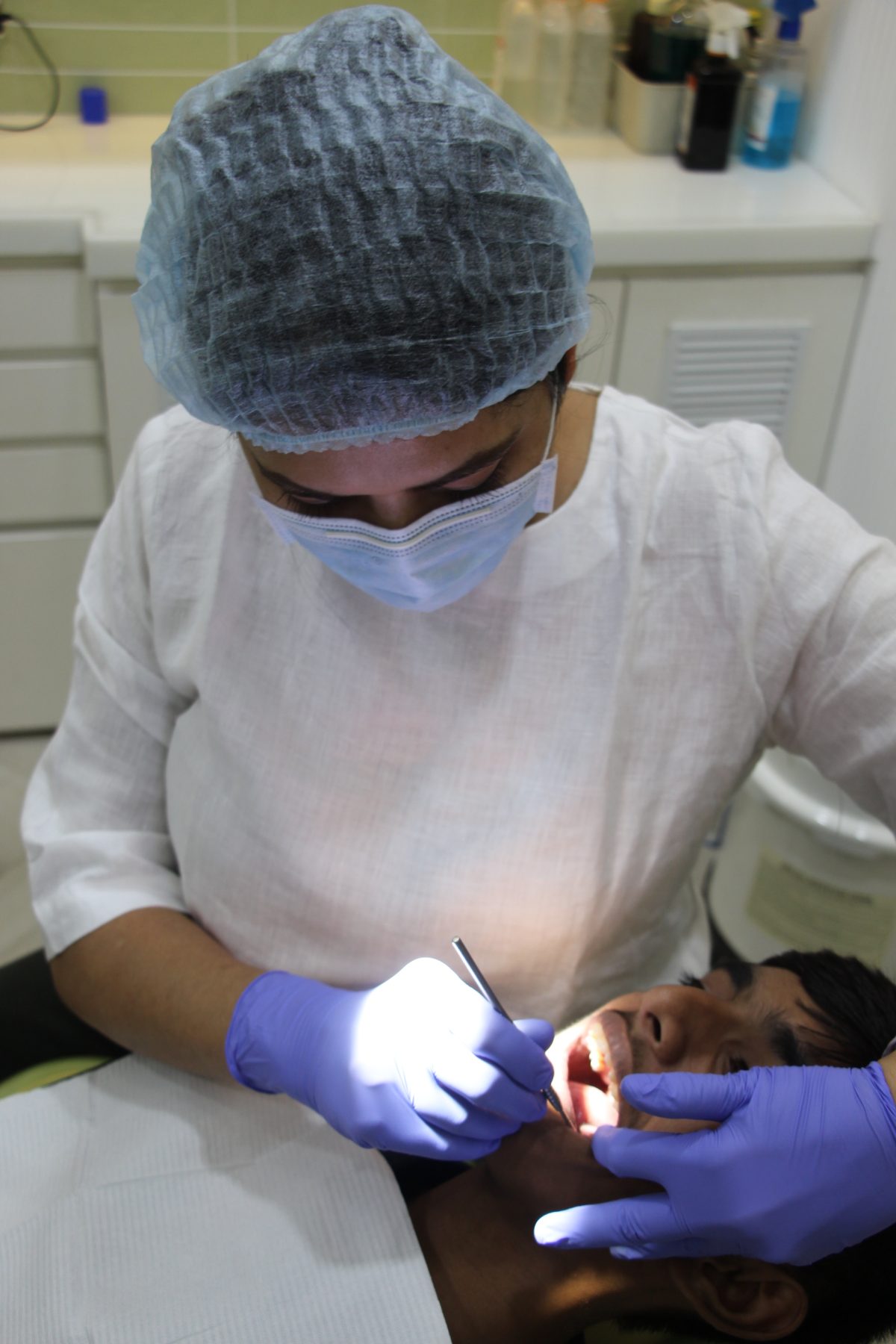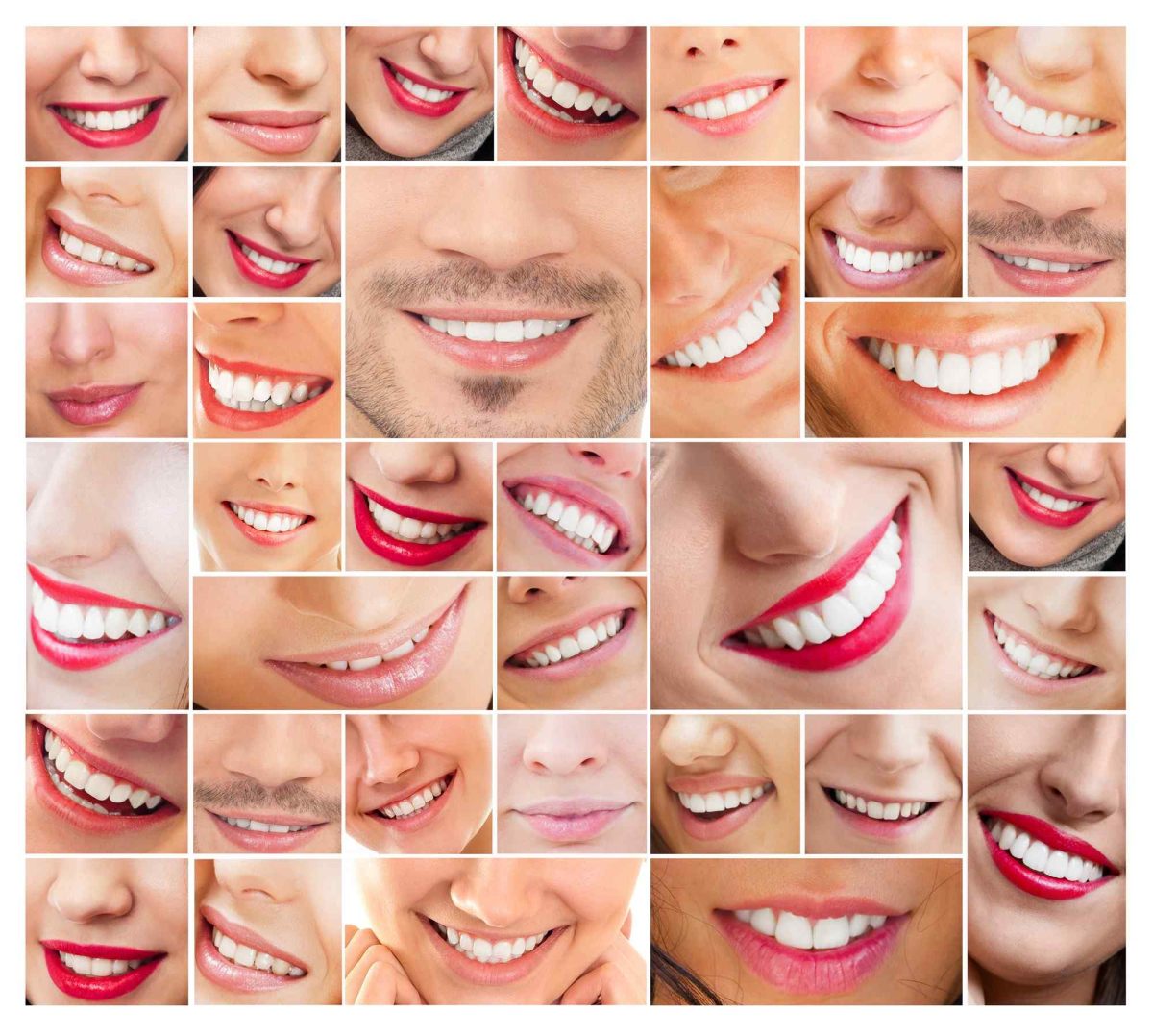When you have diabetes, high blood sugar can take a toll on your entire body —
including your teeth and gums. you’re more likely to have oral health problems
like cavities, and infections of the gums and bones that hold your teeth in place
because diabetes can reduce the blood supply to the area.
The good news?
Prevention is in your hands.
Learn what you’re up against, andthen take charge of your dental health.
Watch for the following symptoms which will tell you that now is the time you need to visit your dentist:
- Bleeding gums
- Getting oral infections more often
- Having bad breath which won’t go even after brushing
Oral health problems associated with diabetes
Frequent Cavities: Tooth decay (cavities). Your mouth naturally contains
many types of bacteria. When starches and sugars in foods and beverages
interact with these bacteria, a sticky film known as plaque forms on your teeth.
The acids in plaque attack the surfaces of your teeth (enamel and dentin). This
can lead to cavities and gum disease.
The higher your blood sugar level, the greater the supply of sugars and starches
— and the more acid wearing away at your teeth.
Early gum disease (gingivitis): Diabetes reduces your ability to fight bacteria.
If you don’t remove plaque with regular brushing and flossing, it’ll harden under
your gumline into a substance called tartar (dental calculus).
The longer plaque and tartar remain on your teeth, the more they irritate the part
of your gums around the base of your teeth, called the gingiva. In time, your
gums become swollen and bleed easily. This is known as gingivitis.
Advanced gum disease (periodontitis): Left untreated, gingivitis can lead to a
more serious infection called periodontitis, which destroys the soft tissue and
bone that support your teeth. Eventually, periodontitis causes your gums and
jawbone to pull away from your teeth, which in turn causes your teeth to loosen
and possibly fall out.
Thrush: People with diabetes may be more likely to develop thrush, which is a
fungal infection caused by the yeast Candida albicans. Signs of thrush include
painful white or red patches inside your mouth.
Dry mouth (xerostomia): Some people with diabetes also experience a lack of
saliva, a condition known as dry mouth. Without saliva to keep your mouth
moist and bathe your teeth, it leads to soreness & ulcers, you could be at risk of
tooth decay, gum disease and thrush.
Proper Dental Care
To help prevent damage to your teeth and gums, take diabetes and dental care
seriously:
- Managing your sugar levels is of utmost importance. The better you control
your blood sugars, the less likely you are to develop gingivitis and other dental
problems. - Brush your teeth at least twice a day. Brush in the morning, at night and,
ideally, after meals and snacks. Use a soft-bristled toothbrush and toothpaste
that contains fluoride. Avoid vigorous or harsh scrubbing, which can irritate
your gums. - Floss your teeth at least once a day. Flossing helps remove plaque between your
teeth and under your gumline. - Schedule regular dental visits. Visit your dentist at least twice a year for
professional cleanings, X-rays and check-ups.



